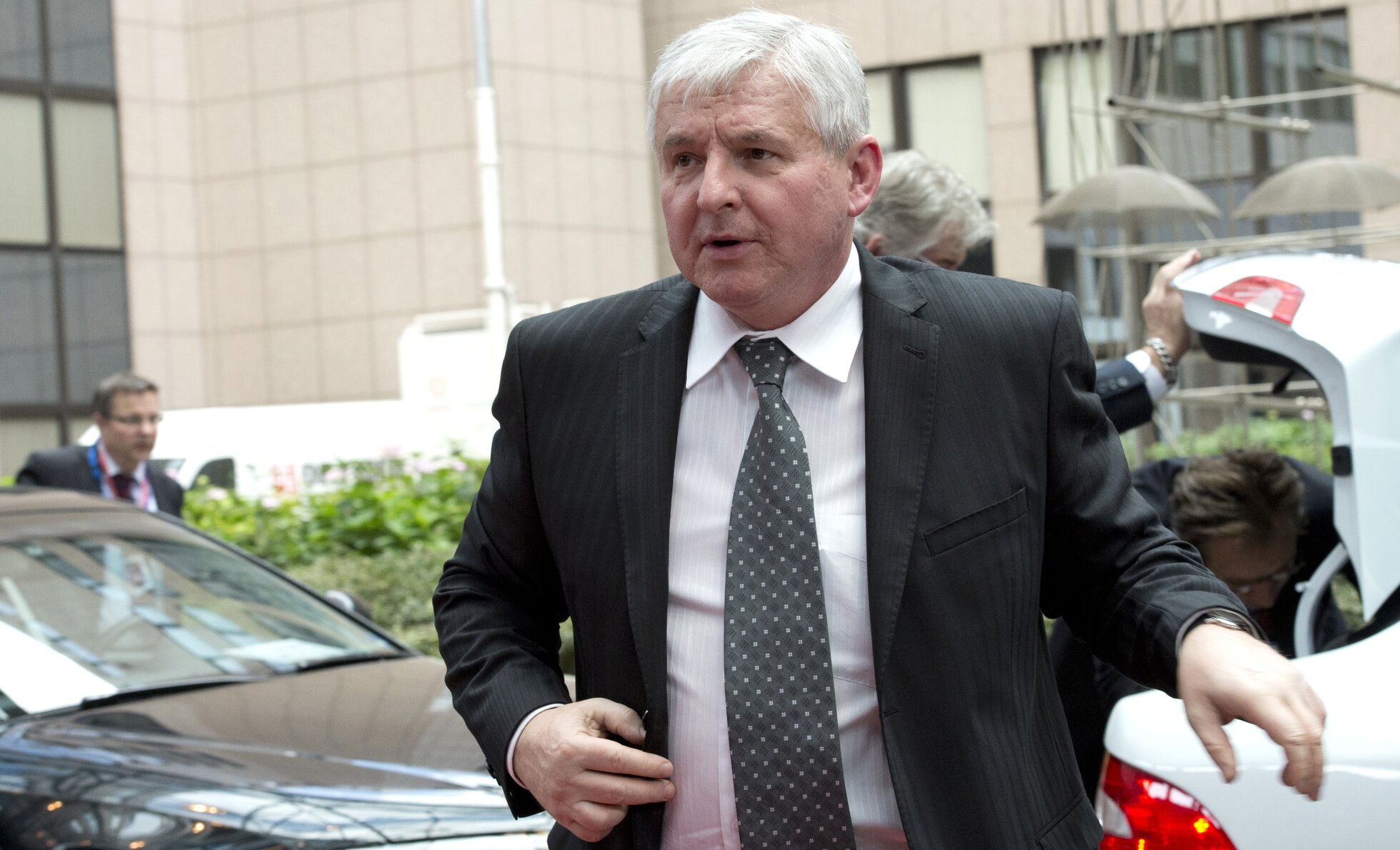At its meeting this month, the board of the Czech National Bank (ČNB) is likely to raise the key interest rate by 0.75 percentage points or more due to the continuing rise in inflation, according to the outgoing governor of the Czech National Bank, Jiří Rusnok, during an interview with the Aktuálně.cz news outlet.
The key interest rate is now 5.75 percent, the highest since 1999. The bank’s board last decided to raise it in early May, which at the time, was the sixth increase in the base rate by more than 0.25 percentage points in a row.
“Everything indicates that we will have to go even higher. Our forecast already expected higher rates than we ultimately chose at the last meeting of the Bank Board. And the development is — unfortunately — still pro-inflationary,” Rusnok said when asked if a further increase in interest rates could be expected.
“We know that we have a weaker koruna than our scenario expected, so you cannot limit yourself to some ceilings. So yes, now it looks like three-quarters of a percentage point or more,” the governor added.
Rusnok’s second term ends at the end of the month, and he cannot be reappointed. He will be replaced in July by Aleš Michl, the current member of the Bank Board, who is not in favor of raising rates.
After his appointment, Michl announced that he would propose to keep interest rates the same at his first meeting of the Bank Board in August. Rusnok considers this an unfortunate statement, as it does not follow the standard practice of central banks.
Interest on bank deposits and loans is based on central bank rates. Higher interest rates equate to more expensive loans for investment and operations as well as costlier housing loans for households.
Rusnok also told the news outlet that he disagreed with his successor’s opinion that raising rates was no longer helping because inflation was imported.
“No one has come up with anything better than what we are doing now,” Rusnok claimed. “However, it is simply not possible to bring inflation within the proper limits without raising rates. It is an illusion,” he added.
The outgoing governor finds the steps taken by European governments to reduce prices unfortunate, for example, through tax cuts. According to Rusnok, such measures harm the overall market. He calls it an “erosion of European politics.” According to Rusnok, the regulations should be the same in all EU countries.
“At first, entrepreneurs, but soon also citizens, will ask what the EU is for when I cannot buy gas in Hungary at the same price as a local citizen,” he stated.
Rusnok also opposed the plan of the Czech Finance Minister Zbyněk Stanjura that would enable companies to pay taxes in euros. According to Rusnok, keeping accounts in multiple currencies is not a problem. However, “paying taxes in a different currency is just wrong. Will the state then pay social benefits or teachers’ salaries in euros?”






